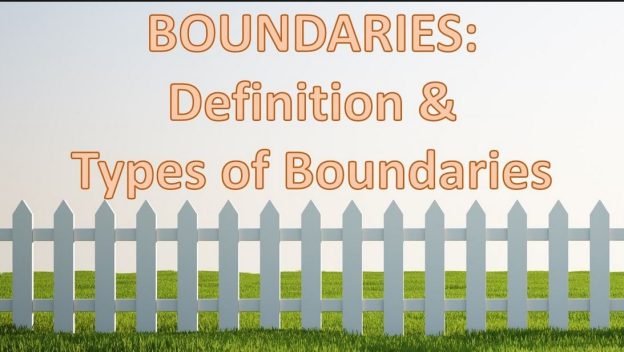The Public Diary
Not all bloggers (keepers of a web log) are self-aggrandizing. Some do offer a thoughtful, well-written and ego-unencumbered web diary. The blogging process does, however, seem emblematic of the blurring of boundaries in the culture, certainly those between what is private and what is public. In years of yore, a daily diary was considered private, and not only because it was intended for secrets. Keeping a diary implied that there was a demarcation between what a person shared with the world and what he kept to himself. For the cultural conservative, such distinctions have meaning.
A state of flux between the private and public is not part of a cultural conservative worldview, but is in keeping with a liberal libertine outlook. Whereas some utterances were kept for the diary because they were sexually or emotionally charged, others remained clandestine because they were manifestly trivial. Either way, good taste combined with humility to make the diary a closeted thing. The closet, sadly, has come to signify oppression, not discretion. The upshot of populism in punditry, at least, is that bad commentary is promiscuously outed—few and far between are the commentators and conversationalists who have honed their craft.
The libertarian writer Virginia Postrel appears to confer the web-diary with a mystic, cosmic rhythm, calling it “one of the most interesting new spontaneous orders in the world of the Web.” In as much as it fails to speak of the individual person as the source and initiator of this woolly wonderment, “spontaneous order,” despite its Hayekian pedigree, is a collectivist metaphor. It has little of the Misesian or Randian emphasis on the purposeful, conscious, and rational nature of individual human action. This is reflected in the blogger phenomenon. The fact that millions of people are moved to mouth daily on the web is no more significant to freedom than the fact that billions of humans have a bowel movement every day.
Chances are that if you are of the up and coming blognoscenti, a part of you believes that your impromptu daily thoughts ought to be public. Chances are you are not terribly concerned that, of the cyberspace ejaculate you emit, stuff will come back to haunt you like a nasty paternity suit.
Public Indecency
Hardly a dog of a commentator missed the opportunity to lift his leg in protest against Anna Nicole Smith and her reality show. Smith is indeed a wall of trashy flesh. Even her dog is lewd and repulsive, but she is so obviously vulgar that hyperbolic attacks on her are not worth a straw. More disturbing is the specter of girls who, in quick succession, grant an MSNBC-TV interview, after being abducted and raped. More unsettling than Smith is the mother of a slain and raped tiny girl, out and about on “Larry King Live,” a week after her child’s dreadful demise. There is nothing these people will not say and express in public. They have no private selves.
More warped than the blatantly freaky Smith is the spectacle of mass contagion, where members of the public turn into professional mourners, flocking to funeral happenings for victims they never knew. Like “spontaneous order” or achievement, neither is grief a tribal affair. Communities don’t grieve; individuals who incur loss do. These phony displays among regular folks are at the root of our festering cultural commons. Professional pornographers like Smith are just a sideshow.
Crossover Kids
Permissive liberals and people who need Braille to understand a well-aimed barb will fume at the words of author Florence King: “…children have no business expressing opinions on anything except, ‘Do you have enough room in the toes?'” But true-blue cultural conservatism puts a premium on the proper boundaries between children and adults. Such boundaries are essential to the moral hygiene of a society. It is from the progressive, libertine parent that we would expect a child of such narcissism and precocity that he or she thinks of adults as his peers, and takes to preaching to his elders.
But no, some of the most hubris-stricken kids are emerging as commentators from so-called conservative quarters. The real cultural conservative knows that even in the unlikely case that the child is the new H.L. Mencken, and is smarter than all the adults around him, respect necessitates that he bide his time. Even the intellectually gifted take years to synthesize intellectual material and make it their own. This process is a culmination of insight, life experience, humility, and authentic intelligence.
The culturally conservative adult who lets a kid be a pal and peer is a liberal. He cannot claim to be a cultural conservative. He must, moreover, own up to being mired in self-contradiction. Writing on the topic of Western Civilization, historian Alan Charles Kors reminds us that avoiding self-contradiction is the touchstone of truth—being mired in self-contradiction, the touchstone of error. To the Greek philosophers, to be mired in self-contradiction was to be “less than human, less than coherent, less than sane.”
©By ILANA MERCER
WorldNetDaily.com
August 14, 2002
* Screen picture image credit link
CATEGORIES: Conservatism, Culture, Family, Libertarianism, Media, Popular Culture, Republicans, Western Civilization

 print
print